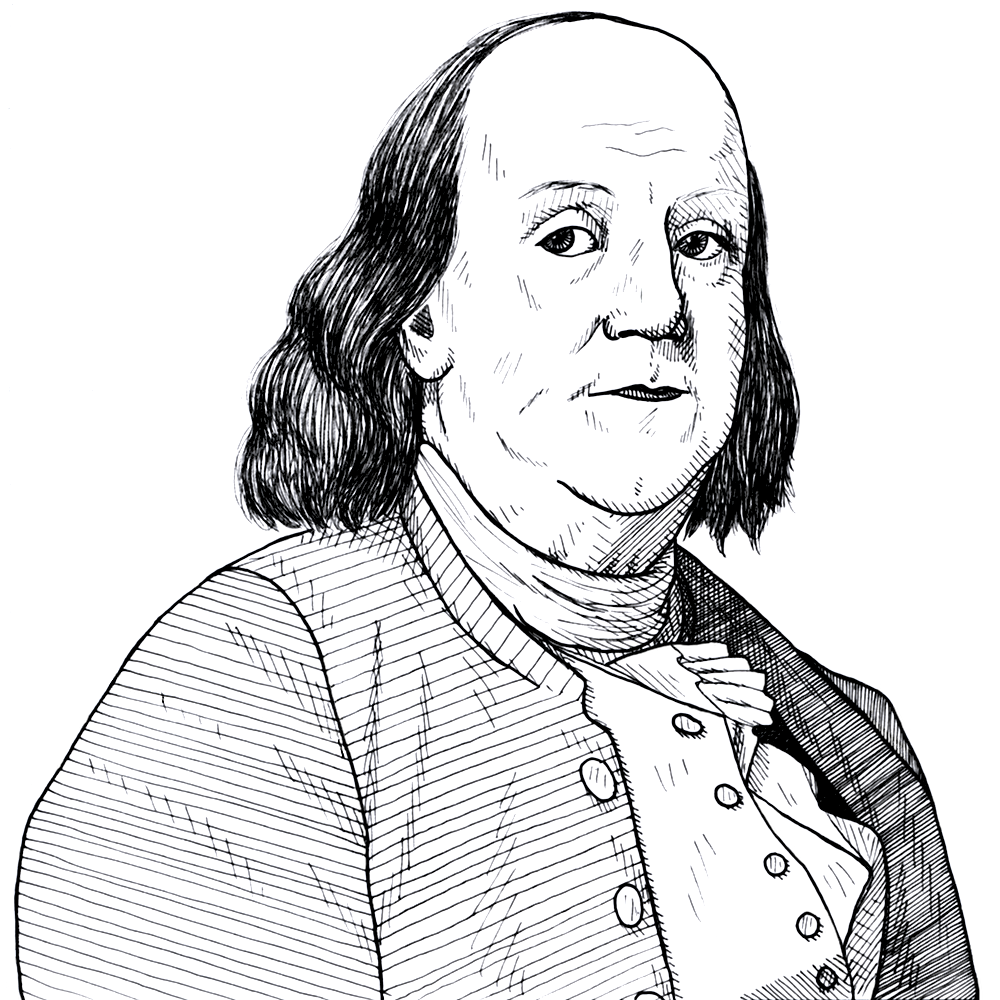
Benjamin Franklin on the “superstructure” of Good Government (1736)
Found in: The Works of Benjamin Franklin, Vol. II Letters and Misc. Writings 1735-1753
Given Benjamin Franklin’s (1706-1790) technical bent as an inventor and scientist it is not surprising that he would compare government to the construction of a building, nor that he would have great faith in the people’s ability to construct a sound political edifice:
The State
Government is aptly compared to architecture; if the superstructure is too heavy for the foundation the building totters, though assisted by outward props of art. But leaving it to everybody to mould the similitude according to his particular fancy, I shall only observe that the people have made the most considerable part of the legislature in every free state; which has been more or less so in proportion to the share they have had in the administration of affairs. The English constitution is fixed on the strongest basis; we choose whomsoever we please for our representatives, and thus we have all the advantages of a democracy without any of its inconveniences.